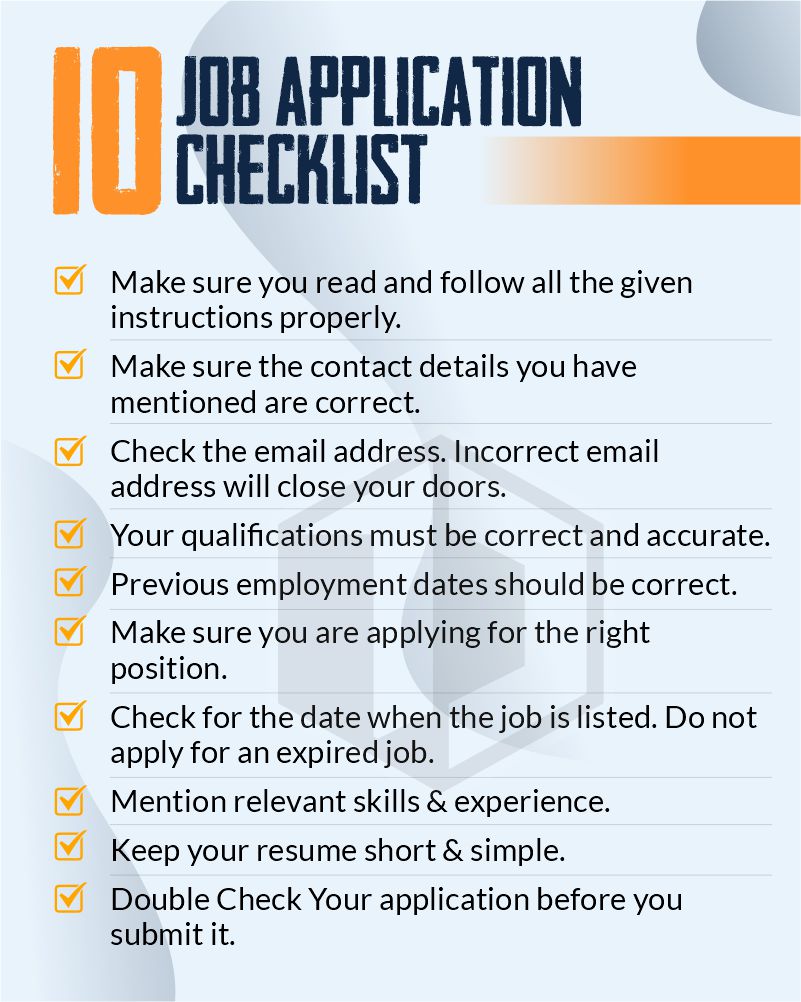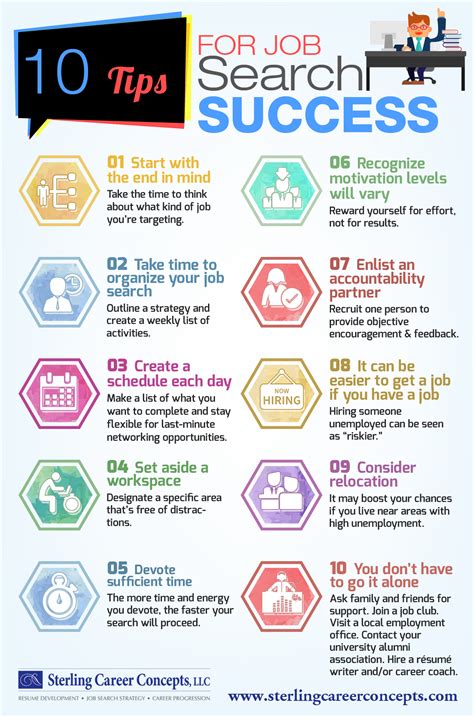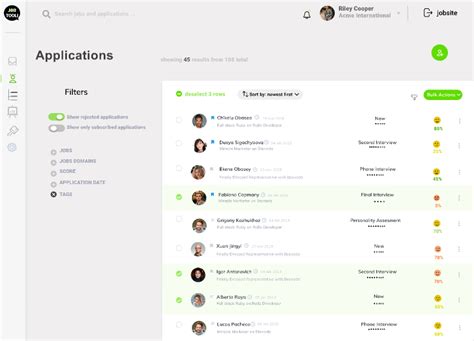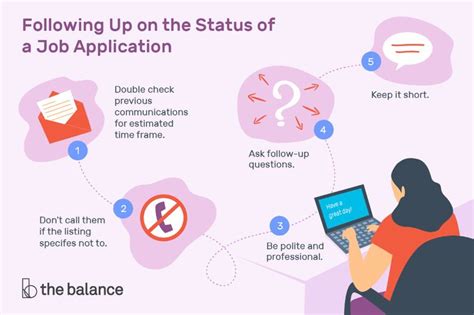Have you ever applied for a job and waited for what feels like an eternity to hear back from the employer, only to be left in limbo with a pending job application status? You're not alone. Many job seekers have experienced this frustrating situation, wondering what's causing the delay and what they can do to move the process forward. In this article, we'll explore five common reasons why your job application might be pending and what you can do to improve your chances of getting hired.
Reason 1: High Volume of Applications

One of the most common reasons for a pending job application status is the high volume of applications received by the employer. With the rise of online job boards and social media, it's easier than ever for job seekers to apply for multiple positions with just a few clicks. This can lead to a flood of applications, making it challenging for hiring managers to review and respond to each candidate in a timely manner.
What You Can Do:
- Make sure your application stands out from the crowd by tailoring your resume and cover letter to the specific job requirements.
- Follow up with the employer after a week or two to express your continued interest in the position and inquire about the status of your application.
Reason 2: Time-Consuming Interview Process

Another reason for a pending job application status is the time-consuming interview process. Many employers conduct multiple rounds of interviews, which can take several weeks or even months to complete. This can be due to various factors, such as the need to involve multiple stakeholders in the decision-making process or the requirement for technical assessments and skills tests.
What You Can Do:
- Be patient and don't get discouraged if the interview process takes longer than expected.
- Prepare thoroughly for each interview by researching the company, practicing your responses to common interview questions, and preparing any materials you may need, such as references or writing samples.
Reason 3: Internal Hiring Processes

Internal hiring processes can also contribute to a pending job application status. Employers may need to follow internal protocols, such as obtaining approval from HR or other departments, before making a job offer. This can lead to delays, especially if the relevant stakeholders are unavailable or have conflicting priorities.
What You Can Do:
- Ask the hiring manager or recruiter about the internal hiring processes and what you can expect in terms of timeline and communication.
- Show your enthusiasm for the role and the company by expressing your continued interest in the position and asking about any opportunities to provide additional information or support.
Reason 4: Budget Constraints

Budget constraints can also cause delays in the hiring process. Employers may need to wait for budget approval or allocate funds from other areas of the business before making a job offer. This can lead to a pending job application status, especially if the company is experiencing financial difficulties or undergoing restructuring.
What You Can Do:
- Research the company's financial situation and industry trends to gain a better understanding of the potential challenges and opportunities.
- Highlight your skills and experience in your application materials, and be prepared to discuss how you can contribute to the company's success and help address any budget constraints.
Reason 5: Poor Communication

Finally, poor communication can also contribute to a pending job application status. Employers may not always communicate effectively with candidates, leaving them in the dark about the status of their application. This can be due to various factors, such as a lack of resources or a high volume of applications.
What You Can Do:
- Follow up with the employer after a week or two to inquire about the status of your application and express your continued interest in the position.
- Be proactive and take the initiative to communicate with the employer, rather than waiting for them to contact you.






In conclusion, a pending job application status can be frustrating, but there are often good reasons why employers take their time to review and respond to applications. By understanding the common reasons for delays and taking proactive steps to communicate with the employer, you can improve your chances of getting hired and landing your dream job.
Share your thoughts: Have you ever experienced a pending job application status? What did you do to follow up and improve your chances of getting hired? Share your tips and advice in the comments below!
What should I do if my job application is pending?
+Follow up with the employer after a week or two to inquire about the status of your application and express your continued interest in the position.
How long does the hiring process typically take?
+The hiring process can take anywhere from a few days to several weeks or even months, depending on the company and the position.
What can I do to improve my chances of getting hired?
+Highlight your skills and experience in your application materials, and be prepared to discuss how you can contribute to the company's success.
